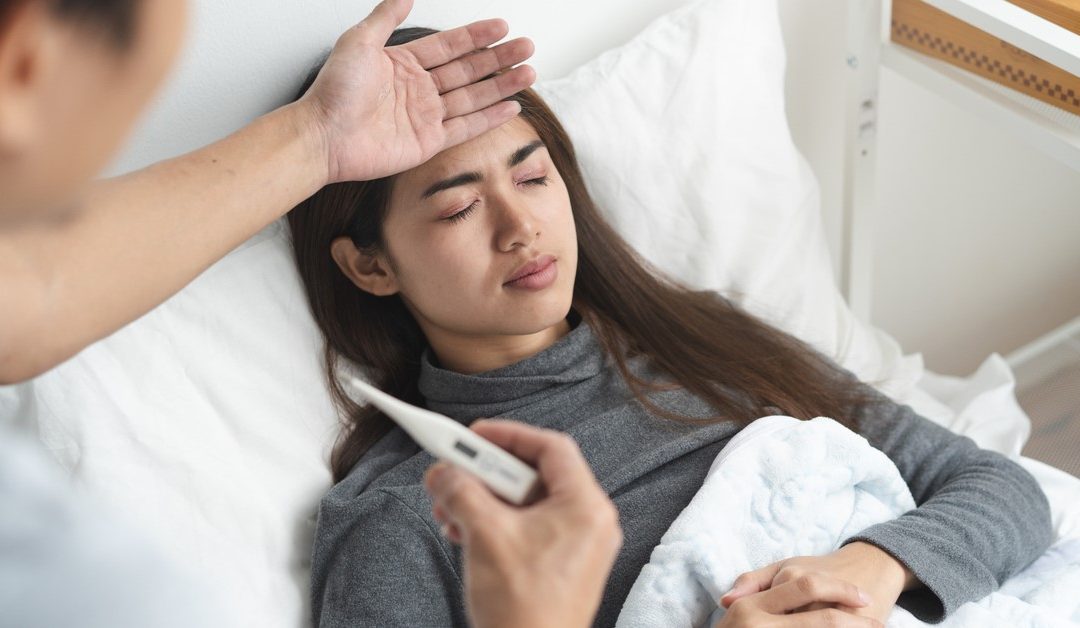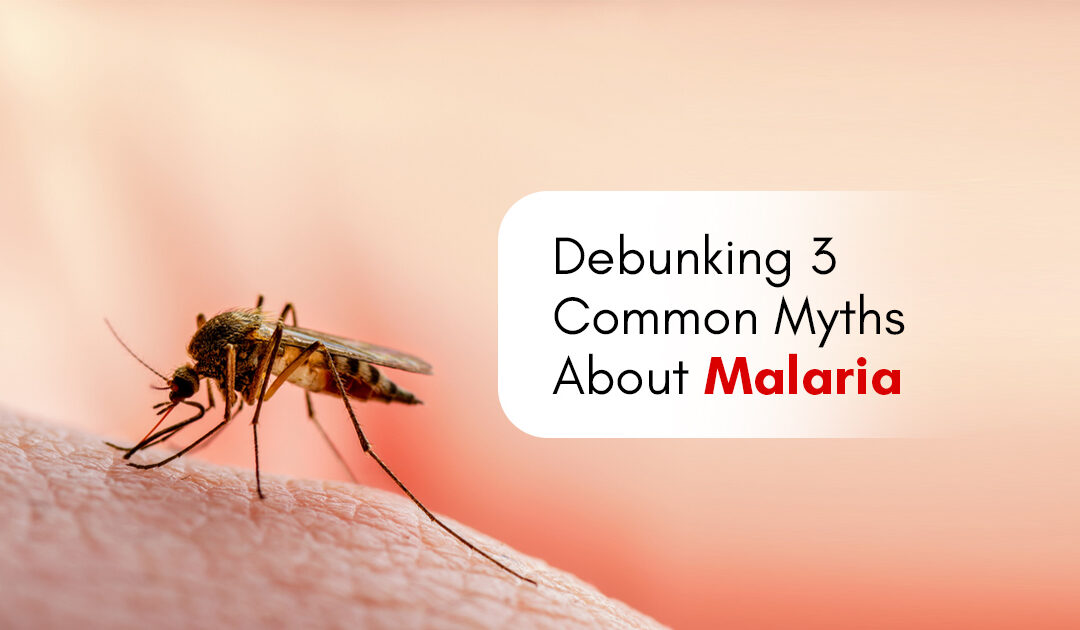
What are the Types of Mosquito-borne Diseases?
Mosquitoes when feeding on human blood, suck viruses or parasites in the body that gets transferred to the next person it bites through the saliva. Diseases contracted by mosquitoes to humans are called mosquito-borne diseases. Unlike other insects, mosquitoes do not get affected while carrying the viruses to humans. However, over 700 million people suffer from mosquito-borne fevers or diseases every year.
In this blog, we have discussed different types of mosquito-borne fevers.
Types of mosquito-borne diseases
Malaria
Malaria is among the most common mosquito-borne fevers and is caused by Plasmodium parasites. The infection spreads through infected female Anopheles mosquitoes, also called ‘malaria vectors’. There are almost five parasite species causing malaria in humans, two of which are P. Vivax and P. Falciparum that possess the highest threat.
Symptoms
- High fever
- Headache
- Muscle aches
- Chills
- Tiredness
- Nausea
- Vomiting
- Diarrhea
Dengue Fever
Caused by the dengue virus, dengue is spread to humans through the infected bite of Aedes mosquito species, such as Aedes albopictus or Aedes aegypti. The same mosquitoes that spread chikungunya, Zika and other viruses. The mosquito-borne fever is common in over 100 world countries. Every year, more than 400 million people are affected by the dengue virus, of which 100 million get seriously ill and almost 22,000 die from the infection.
Symptoms
- Headaches
- High fever
- Rash
- Joint pain
- Vomiting
Chikungunya
Chikungunya is caused by the virus named chikungunya. The transmission takes place from mosquito bites to humans. A person already infected by the virus may infect mosquitoes that further spread the virus to different people. The leading mosquito species that spread chikungunya are Aedes albopictus and Aedes aegypti. The ones that also transmit the dengue virus. These mosquitoes bite both during the day and night.
Symptoms
- Fatigue
- Rash
- Sudden high fever
- Headache
- Joint and muscle pain
In case you have any of the above-mentioned fevers, get yourself checked by a general physician at the earliest to ensure on-time diagnosis and rule out any chances of mosquito-borne diseases.




